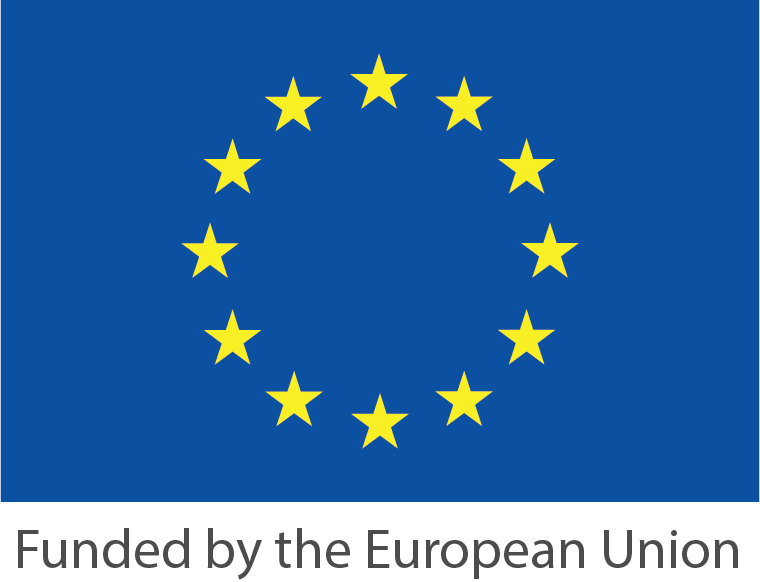New project to improve agricultural productivity in Zimbabwe
A new European Union-funded ‘Livestock Production Systems in Zimbabwe’ (LIPS-Zim) project is working to increase agricultural productivity in the country’s agro-ecological Zones IV and V. It is promoting the adoption of climate-relevant innovations in livestock production systems and improving surveillance and control of livestock diseases.
Launched on 1 January 2020, the LIPS-Zim project is implemented by the International Livestock Research Institute (ILRI) – lead agency, the French Agricultural Research Centre for International Development (CIRAD), the International Maize and Wheat Improvement Center (CIMMYT), the University of Zimbabwe’s Faculty of Veterinary Science and the government of Zimbabwe’s Ministry of Lands, Agriculture, Water and Rural Resettlement. It will be working in the semi-arid agro-ecological regions IV and V of Zimbabwe namely, Matabeleland South (Beitbridge and Gwanda districts), Matabeleland North (Binga, Hwange and Nkayi districts), Midlands (Gokwe North district), Masvingo (Chiredzi and Zaka districts), Manicaland (Buhera district) and Mashonaland East (Mutoko district).
The project organized a virtual inception workshop on 4, 13, 14 and 19 May 2020, which was attended by about 40 participants from ILRI, CIRAD, CIMMYT, University of Zimbabwe, national and local/district government of Zimbabwe, private sector, farmers unions, , seed companies and non-governmental organizations.
Speaking at the opening of the workshop, Andrew Chamisa, acting director of the Division of Livestock Research, Government of Zimbabwe, said, ‘We are grateful to the European Union for funding the LIPS-Zim project which will help increase livestock productivity in Zimbabwe’s agro-ecological regions IV and V. We are looking forward to working together with partners in making the project a success.’
The first live session of the workshop took place on 4 May with a training on the Impact of Research in the South (ImpresS) approach. The day had three presentations by CIRAD’s Aurelle De Romemont (introduction of the ImpresS approach and LIPS-Zim project’s vision for the future) and Vladimir Grosbois (the impact pathways and theory of change).
Day two of the workshop saw a presentation by Iddo Dror, leader of the ILRI Impact at Scale program, on remote working processes and technologies that the project could use to work effectively during the COVID-19 pandemic and beyond. Dror said, ‘the pandemic has changed how we work and forced us to find innovative ways of working better, together. The use of virtual collaborating tools for projects like LIPS-Zim with multiple implementing partners residing in different locations is important.’ Dror’s presentation was followed by breakout sessions where groups discussed and agreed on how they will collaborate using the digital tools. The communication and visibility plan of the project was also presented and discussed.
On day three, Sikhalazo Dube, coordinator of the LIPS-Zim project, introduced the objectives and structures of the project. LIPS-Zim, which is designed primarily to support the government of Zimbabwe, will contribute to increase agricultural productivity by tackling nutrition challenges, increasing market profitability, diversifying investments of income from livestock and improving animal health.
The specific objectives of the project are to:
- Increase the adoption of climate-relevant innovations (e.g. feeding) in livestock-based production systems.
- Improve surveillance and control of tick-borne and vector-borne livestock diseases.
- Provide policy support for feed and forage value-chains and strengthen sustainable active participation of local communities in disease surveillance and early response.
Women and young people in Zimbabwe usually deal with the effects of frequent droughts and other economic challenges and some of them move across borders in search of better economic opportunities. The project will focus on vulnerable communities to help them cope with these challenges. Dube said, ‘Gender and youth are the drivers for the LIPS-Zim project intervention areas and data collected in the project will be aggregated to better identify entry points for improving the systems that women and young people rely on.’
On day three, the project’s logical framework and a recap of the ImpresS approach were presented by Dube and Grosbois, respectively.
LIPS-Zim will explore linkages and collaboration with other initiatives in Zimbabwe that are advancing the livestock value chains, including the Zimbabwe Agricultural Growth Programme (ZAGP), which is also funded by the European Union.
The workshop concluded, on 19 May, with participants agreeing on the use of online collaboration tools identifying activity leads for the three specific objectives and on ways of implementing project activities during the current pandemic and beyond.
Read more about the LIPS-Zim project: https://europa.eu/capacity4dev/desira/wiki/lips-zimbabwe



